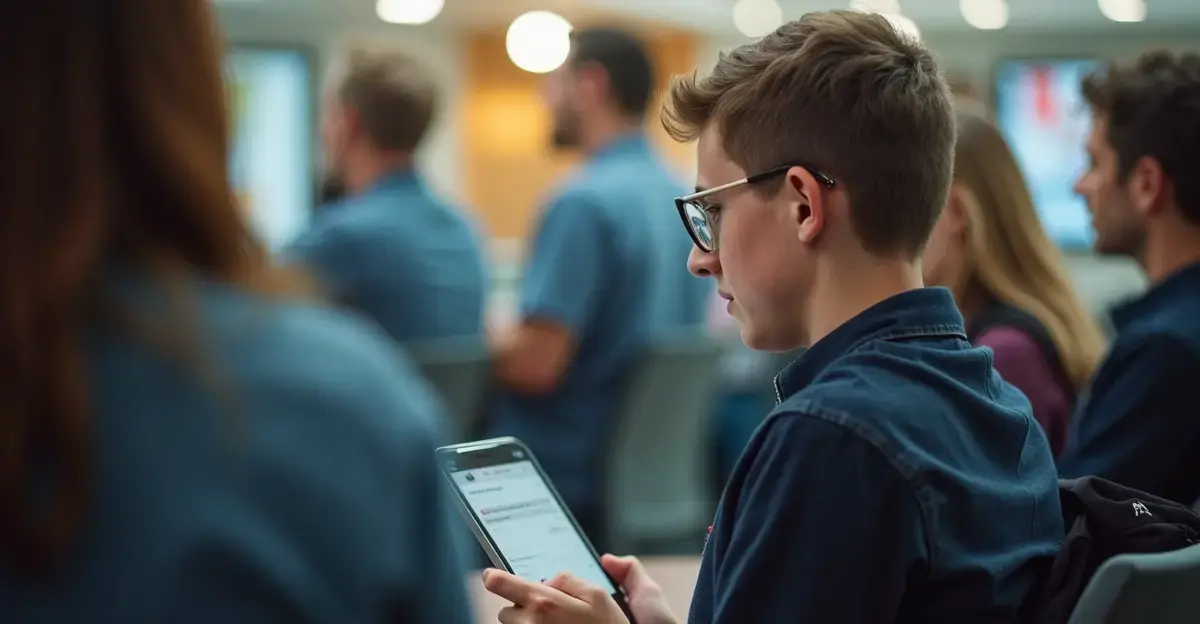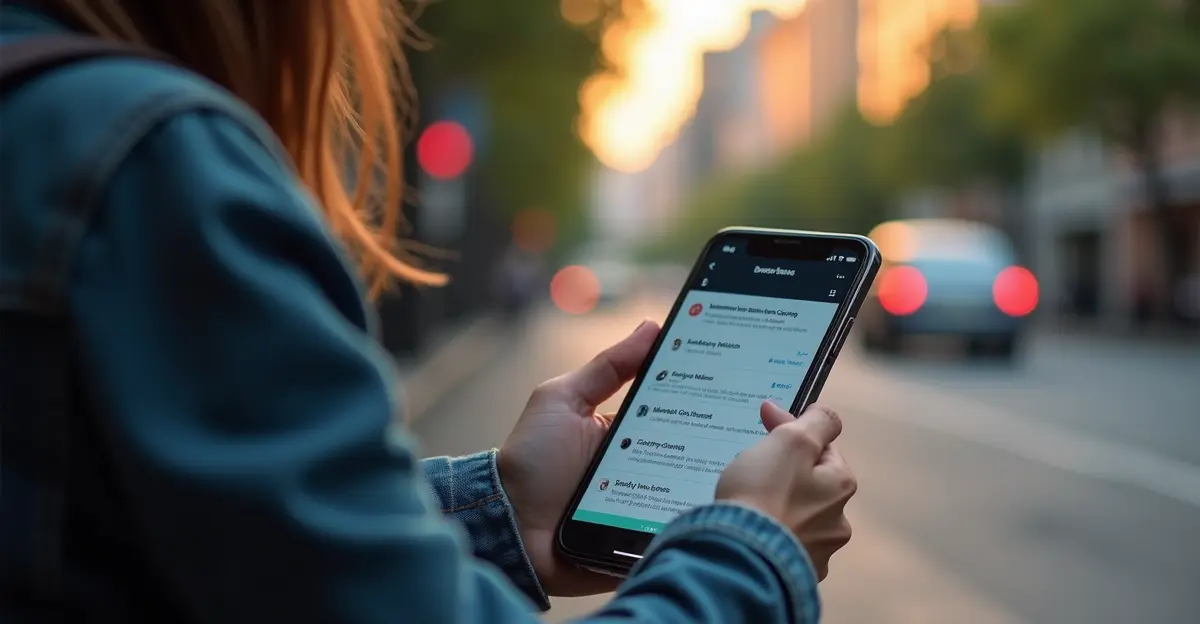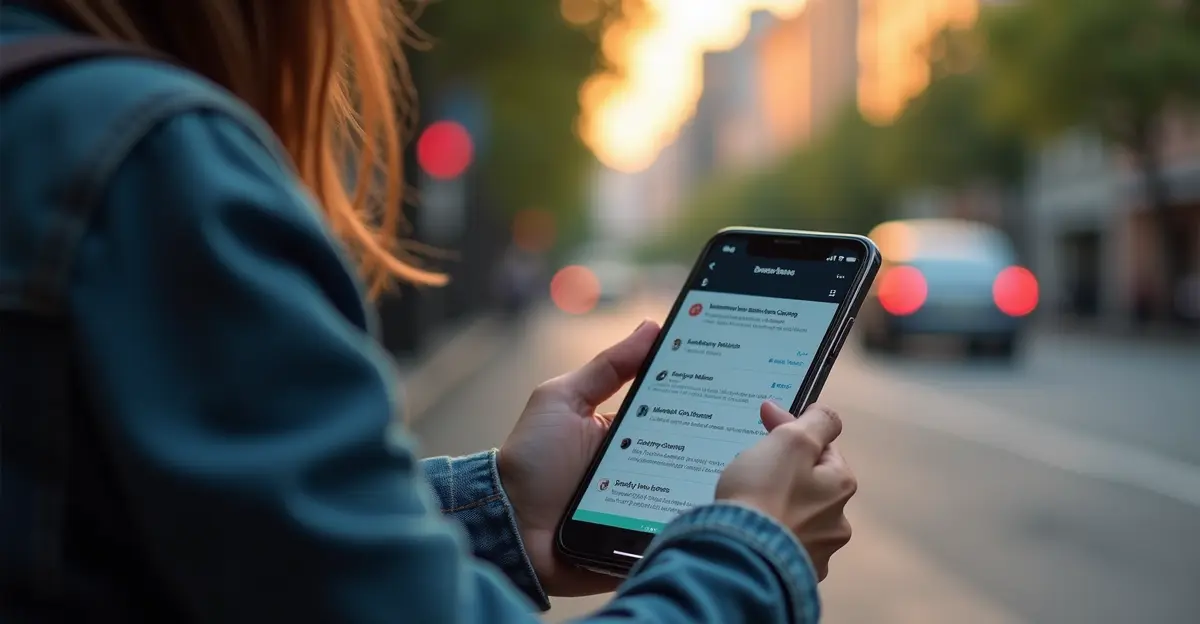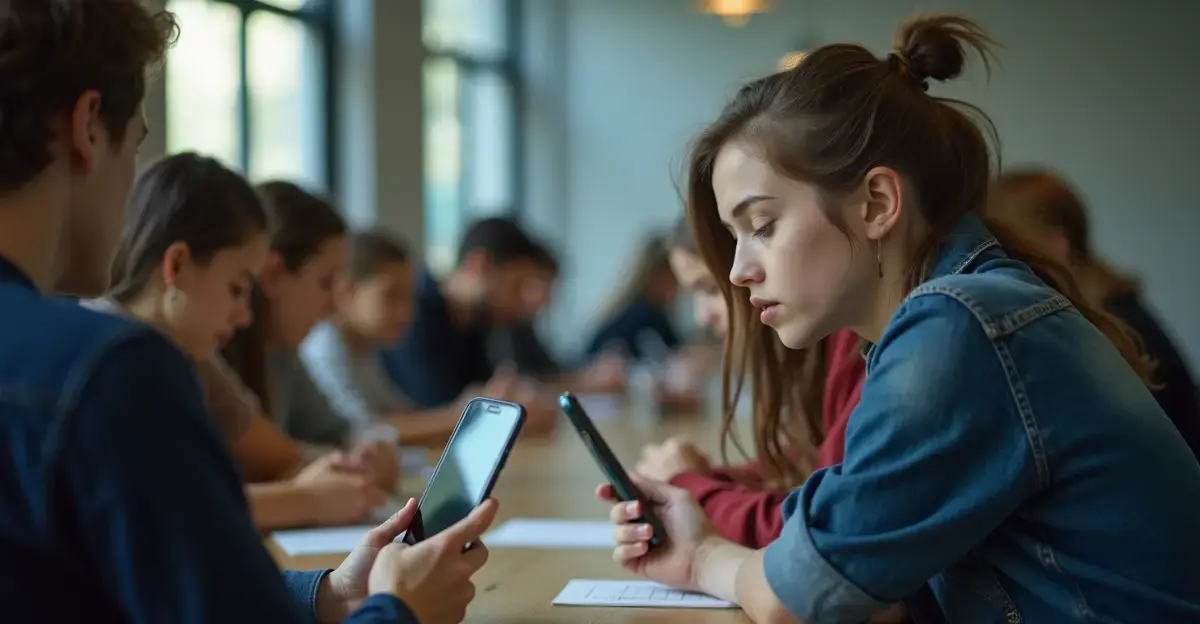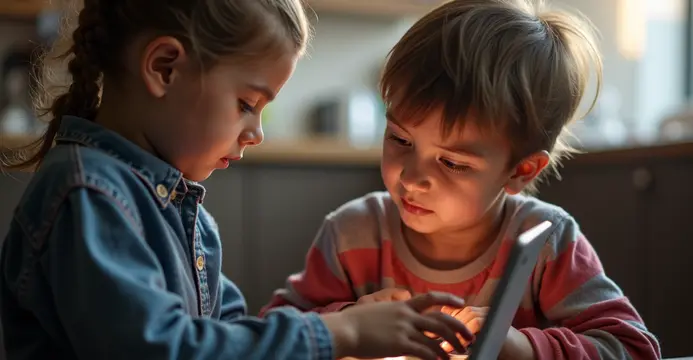World-First Social Media Ban Expands to Eight Platforms
Australia's groundbreaking social media ban for children under 16 has been expanded to include Reddit and Kick, bringing the total number of age-restricted platforms to eight. Communications Minister Anika Wells confirmed the additions on Wednesday, stating that both platforms will join Snapchat, TikTok, YouTube, X, Facebook and Instagram as 'age-restricted' services starting December 10, 2025.
The eSafety Commission determined that all eight platforms meet the criteria for inclusion, specifically that their 'sole or significant purpose is to enable online social interaction.' This marks a significant expansion of Australia's world-first approach to protecting minors online.
Dynamic List with Potential for Future Changes
Minister Wells emphasized that the list of restricted platforms is 'dynamic' and could evolve over time. 'eSafety has assessed eight platforms as requiring age-restriction but their assessments will be ongoing and this list is dynamic,' she stated. 'We aren't chasing perfection, we are chasing a meaningful difference.'
Kick, an Australian-founded live streaming platform that competes with Twitch, reportedly has an average viewership of about 258,000 users. Meanwhile, Reddit ranks as the seventh-most visited website globally, making its inclusion particularly significant given its massive user base and forum-based structure.
Major Penalties for Non-Compliance
From December 10, any platform that fails to take reasonable steps to prevent Australians under 16 from holding accounts will face substantial fines of up to $49.5 million. The legislation represents one of the most aggressive approaches globally to regulating children's access to social media.
Several major tech companies have confirmed their compliance plans. At a recent Senate hearing, representatives from TikTok, Meta and Snap all confirmed they would begin blocking young teenagers from their platforms when the new laws take effect.
Industry Response and Implementation Challenges
Jennifer Stout, Snap's global policy senior vice-president, acknowledged the challenges of being a 'first mover' in this regulatory space. 'Australia was a first mover on the ban and as a result we're learning as we go,' she testified. 'We're doing the best we can to comply.'
Snapchat is developing tools to allow underage users to download and archive their data before account deactivation. Similarly, TikTok is exploring options such as account suspension features, while Meta is preparing similar measures for Instagram and Facebook users.
However, some tech giants have expressed concerns about the implementation timeline. Several companies argue that the government's slow release of information and guidance has hampered their ability to adequately prepare for the December 10 deadline.
Protecting Children from Algorithmic Pressures
Minister Wells defended the legislation as necessary protection against modern digital threats. 'There was a time and place for social media in Australia, but there was no space for predatory algorithms, harmful content and toxic popularity metres manipulating Australian children,' she asserted. 'Online platforms can target children with chilling control. We are mandating they use that sophisticated technology to protect them.'
eSafety Commissioner Julie Inman Grant echoed these sentiments, emphasizing the developmental benefits of delaying social media access. 'Delaying children's access to social media accounts gives them valuable time to learn and grow without the powerful, unseen forces of opaque algorithms and endless scroll,' she explained.
Exemptions and Future Considerations
The legislation includes important exemptions for certain types of platforms. Services not subject to the age limit include messaging apps, email services, voice or video calling platforms, online games, health services, educational platforms, professional development tools, and services that primarily provide product or service information.
This means popular platforms like Roblox, WhatsApp, and Messenger are not currently captured by the new laws, despite containing social elements. The government has indicated that the list remains under continuous assessment, suggesting that additional platforms could be added in the future as the regulatory framework evolves.
Parents seeking more information about the ban and its implications are encouraged to visit the eSafety website, which offers resources explaining the changes and opportunities to participate in live webinars with regulatory officials.

 Nederlands
Nederlands
 English
English
 Deutsch
Deutsch
 Français
Français
 Español
Español
 Português
Português
